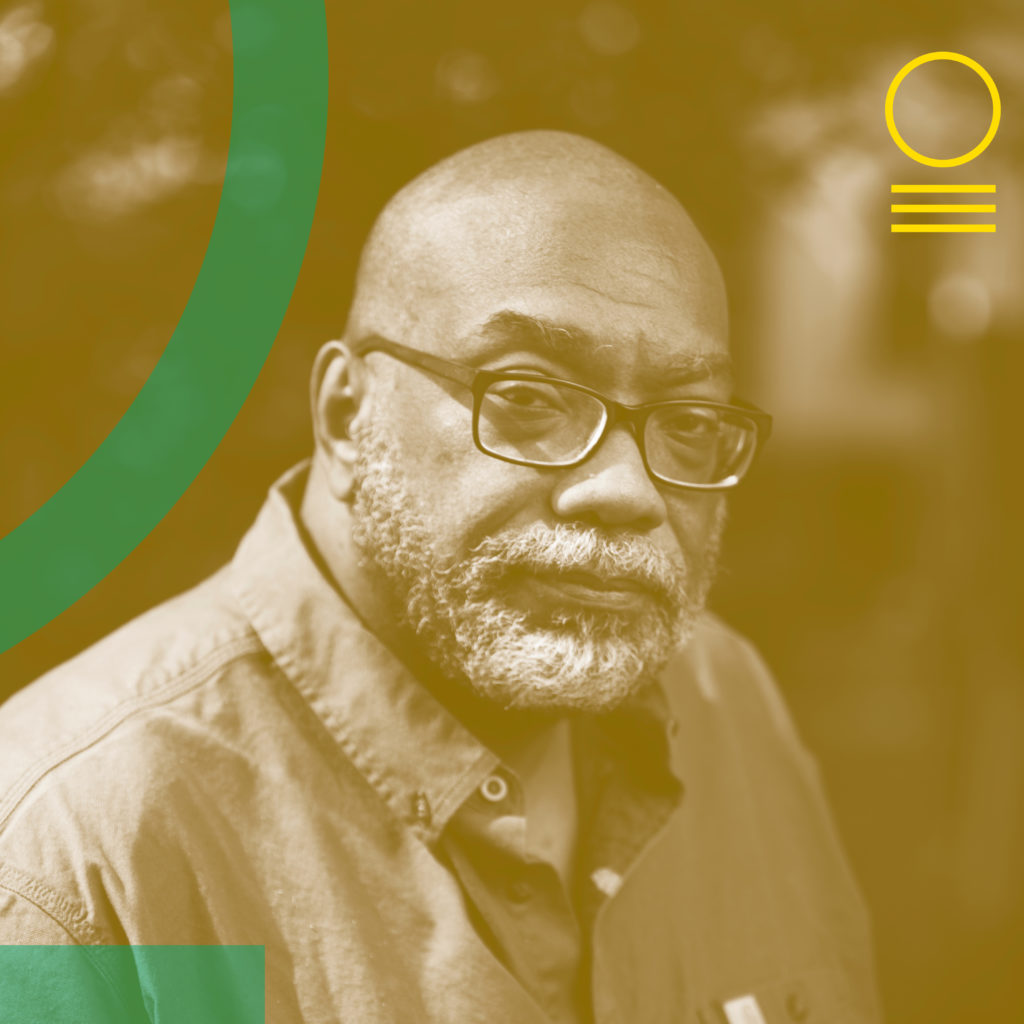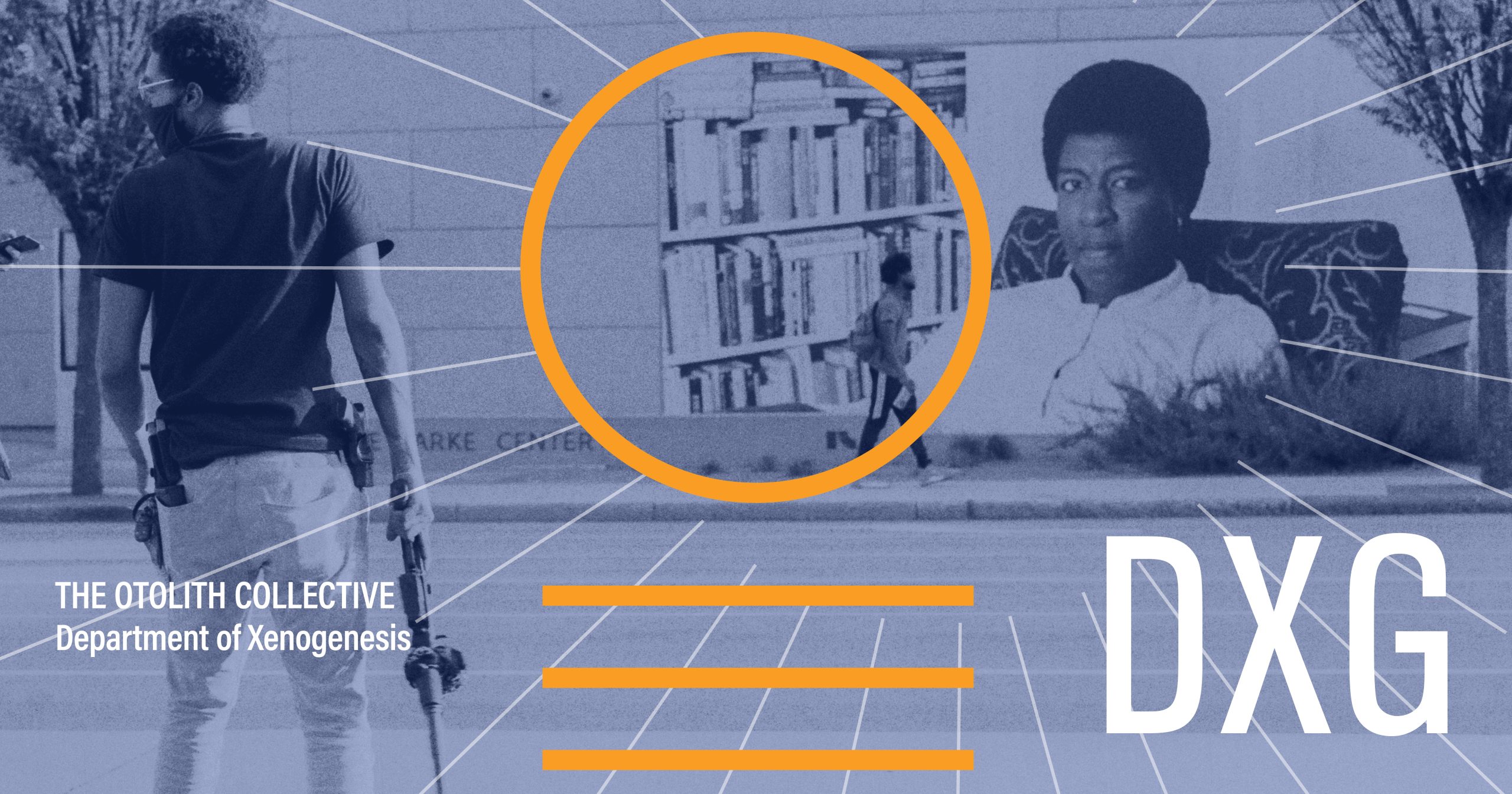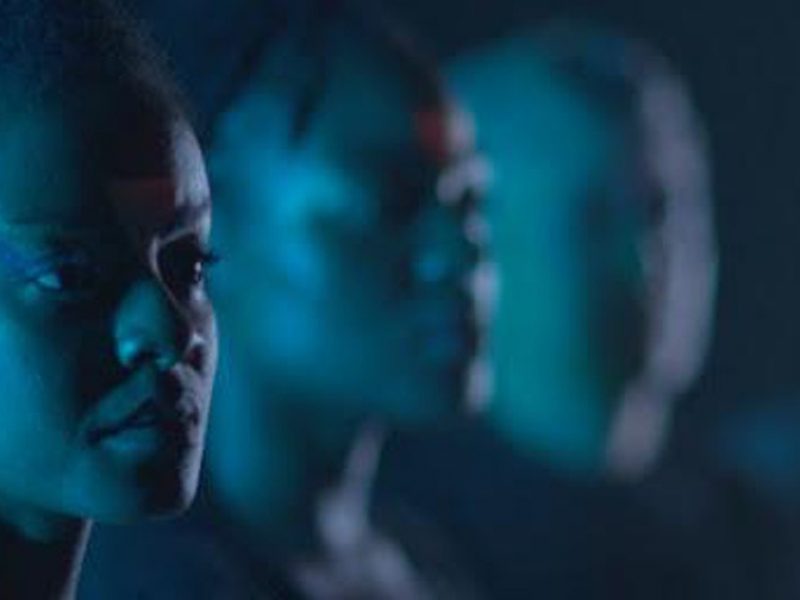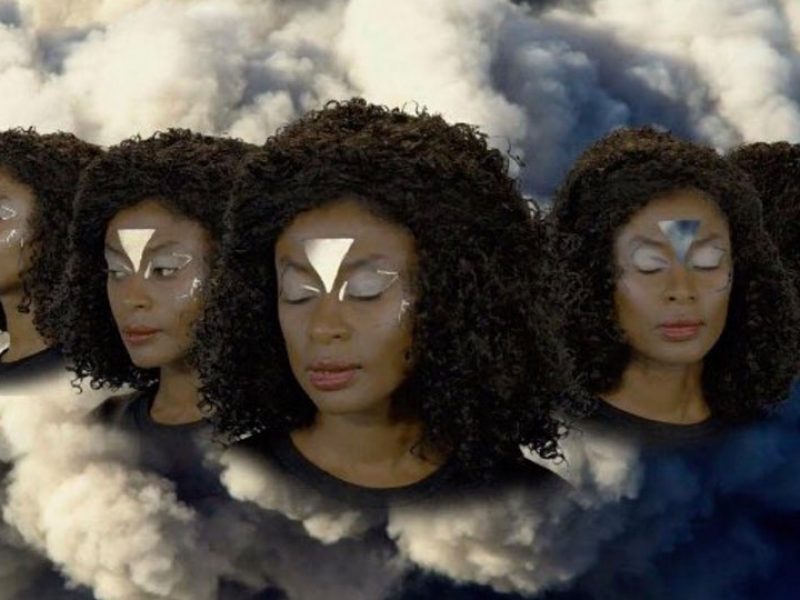Department of Xenogenesis is a time space convened by The Otolith Collective of Anjalika Sagar and Kodwo Eshun. An ongoing space time for convening public online and offline discussions, performances, screenings and exhibitions with artists, filmmakers, theorists, and musicians. The idea of DXG builds upon Xenogenesis The Otolith Group’s travelling exhibition, which concludes at the Irish Museum of Modern Art in June 2022.
DXG: A time-space for convening an indisciplined thought. An ongoing convocation for an indisciplinary curriculum.
Our Xenogenetic Gift is the first in an ongoing public programme convened by DXG for thinking with the idea of xenogenesis formulated by novelist Octavia Estelle Butler. An idea that runs throughout Octavia Butler’s oeuvre from Patternmaster, 1971, Kindred, 1979, Wild Seed, 1980, the Xenogenesis trilogy of Dawn, 1987, Adulthood Rites,1988 and Imago, 1989, Parable of the Sower, 1993, and Fledgling in 2005. A title adopted from Fred Moten’s consent to be a single being: Stolen Life from 2018
What animates the idea of Our Xenogenetic Gift is the aspiration to hold open a time and a space to think with the ideas of Octavia Butler. Think of Our Xenogenetic Gift as a programme for verbalising the letter and the spirit of Octavia Butler’s dangerous visions. Think of DXG as one out of many vectors engaged in thinking with Butler’s fictions for thinking otherwise. Fictions that provide us with thought experiments for thinking otherwise. Fictions of temporal abduction. Fictions of the denaturalization of the human. Fictions of planetary extinction. Fictions of alien intimacy. Fictions of the eugenic imagination. Fictions of racial distinction. Fictions of kinship under duress. Fictions of enforced migration. Fictions of asymmetric love. Fictions of capitalist servitude. Fictions of theocentric hegemony. Fictions of the process philosophy of religion. Fictions of genetic evolution.
DXG: Our Xenogenetic Gift: Thinking Octavia Butler with Fred Moten
13 February 2022 / 4.00pm / Online
Fred Moten in conversation with Anjalika Sagar and Kodwo Eshun
On 13 February 2022, DXG convenes a conversation around the writing of Octavia Butler with academic, poet and theorist Fred Moten. A conversation that spirals around the following sentences from consent not to be a single being: Stolen Life in 2018:
The generative breaks into the normative discourses that it found(ed). They weren’t there until it got there, as some changes made to previous insistence, which means first things aren’t first: Zo just wants to travel, to cities. Do you want some? Can I have some? (Octavia Butler might have called it the oncological difference; she sounds dispossession as our xenogenetic gift; migrating out from the outside, always leaving without origin.)
Curated and produced by The Otolith Collective, London, supported by the BxNU Institute, a collaboration between BALTIC Centre for Contemporary Art and Northumbria University and LUX.
Funded by Arts Council England









